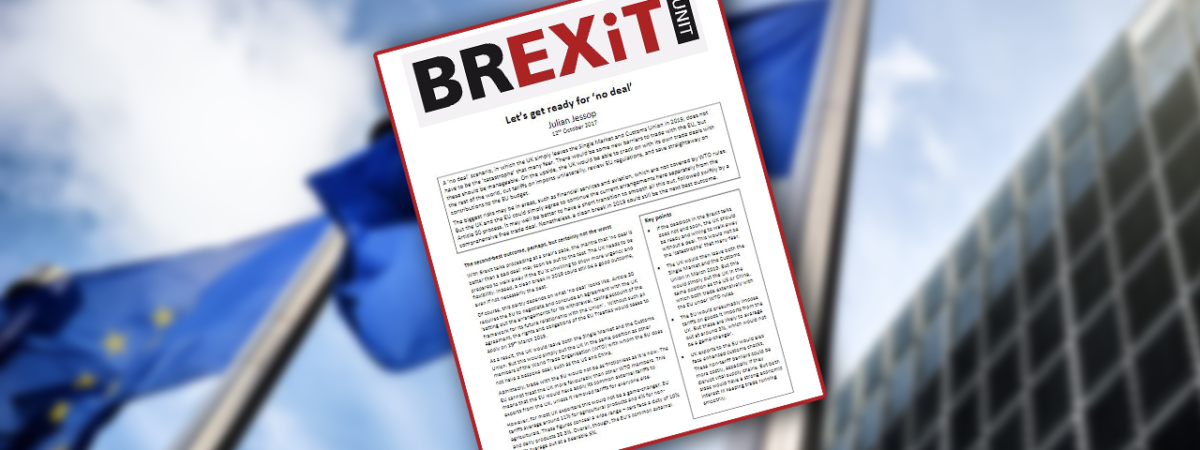Economic Affairs (Vol 37.3)
SUGGESTED


Embrace private sector education in post-conflict states to improve standards

Contents
Introduction (pages 341–342) by J.R. Shackleton
Central Bank or Monetary Authority? Three Views on Money and Monetary Reform (pages 343–356) by Frank Decker
Indirect Convertibility, Equity-Based Banking and Financial Stability (pages 357–364) by David Cronin
How Functional is the Eurozone? An Index of European Economic Integration Through the Single Currency (pages 365–372) by Juan E. Castañeda and Pedro Schwartz
The Demand for ‘Guard Labour’: Another Explanation (pages 373–381) by Vincent Geloso and Vadim Kufenko
The wisdom of demagogues: institutions, corruption and support for authoritarian populists (pages 382–396) by Dalibor Rohac, Sahana Kumar and Andreas Johansson Heinö
The Impact of Multilateral Trade Liberalisation on Economic Development: Some Empirical Evidence (pages 397–410) by Sena Kimm Gnangnon
US Immigration Levels, Urban Housing Values, and their Implications for Capital Share (pages 411–421) by Ryan H. Murphy and Alex Nowrasteh
Discussions
The Prospects for Brexit: Two Views (pages 422–427) by Patrick Minford and Vicky Pryce
Is Two Per Cent on Defence Too Much? A Response to Paul Robinson (pages 428–435) by Julian Richards
Are Expert Economic Forecasters Socially Useless? (pages 436–440) by Philip Booth
Review Article
Basic Income, Labour, and the Idea of Post-Capitalism (pages 442–458) by Stephen Davies
Book Reviews (pages 459-468)



